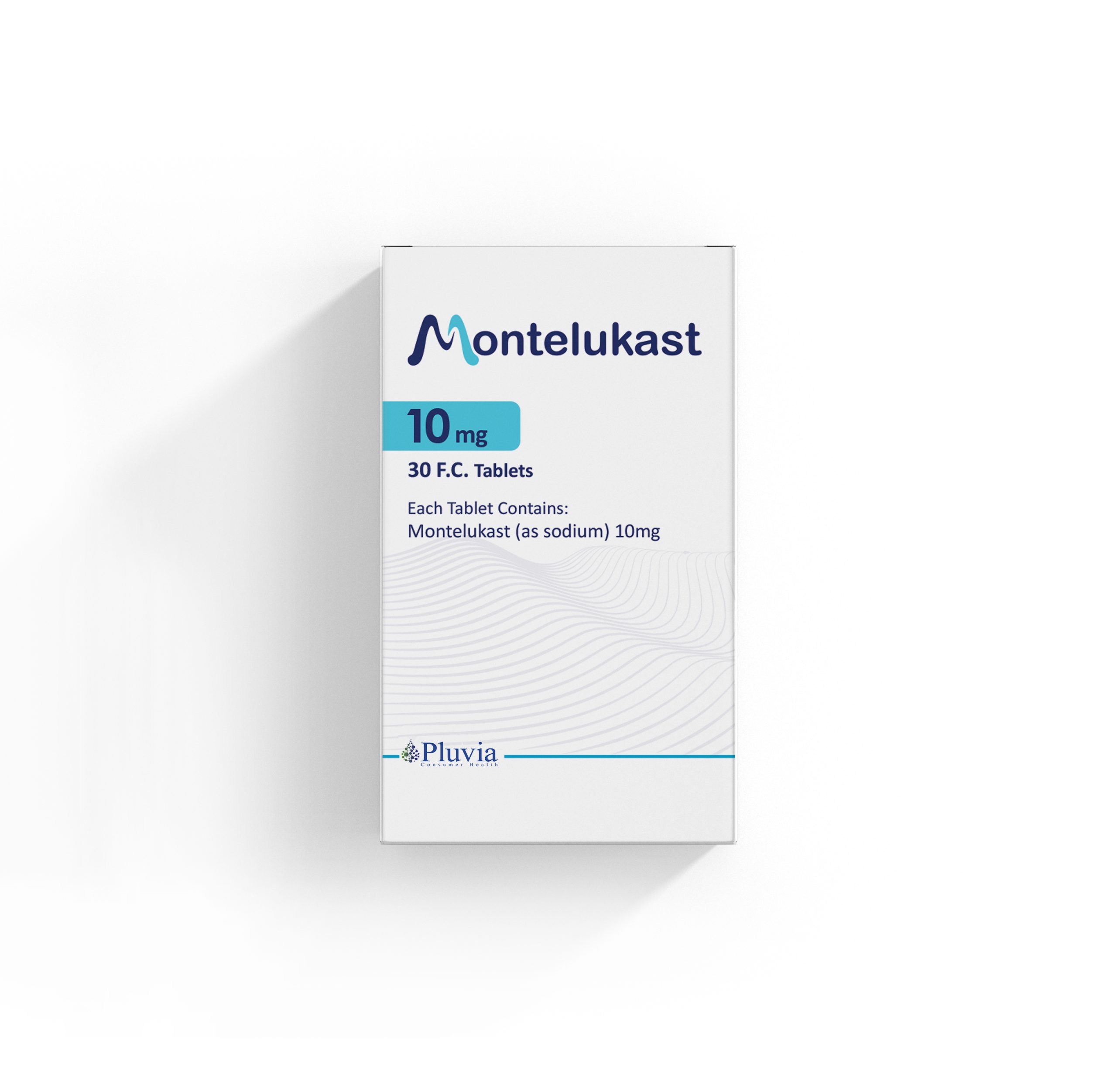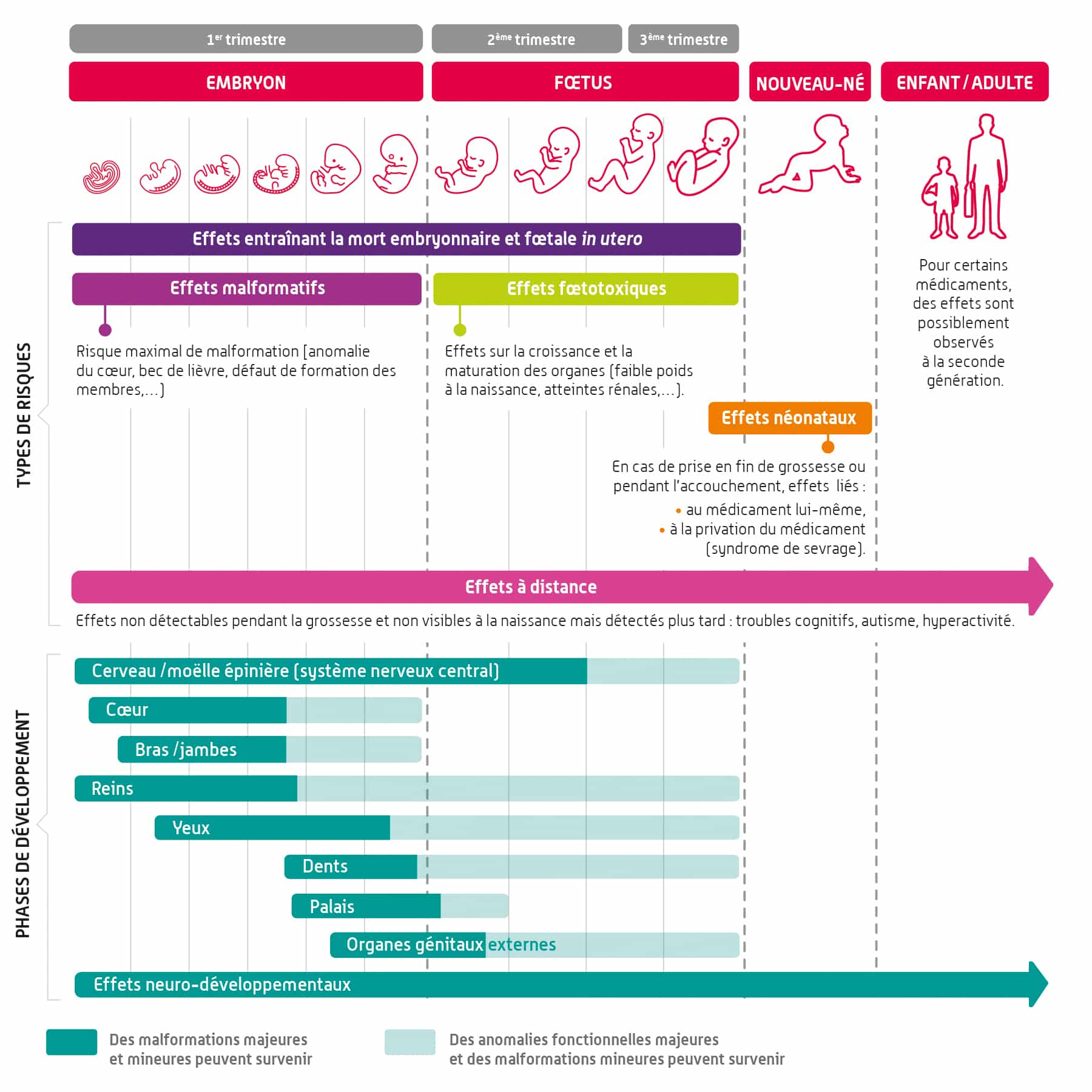In the management of asthma and allergies, montelukast has established itself as a therapeutic option appreciated for its effectiveness. Used to prevent and treat symptoms of asthma, this medication belongs to the class of leukotriene receptor antagonists. Its medical prescription is common, but it requires special attention due to the side effects potential that may result. Among the most commonly reported side effects are symptoms such as dizziness, from the drowsiness, or even headache. Physicians should be careful when prescribing montelukast, especially for patients with a history of neuropsychiatric disorders. In addition, some contraindications must be taken into account to ensure the safety of the treatment, particularly with regard to possible allergic reactions. A thorough understanding of these aspects is essential for informed use of montelukast, thereby optimizing patient care while minimizing the risks associated with its use.

Medical prescription of montelukast and its clinical use
Montelukast is a drug in the class of leukotriene receptor antagonists, mainly used in the support ofasthma and allergic rhinitis. It is often prescribed as part of preventive treatment in cases of mild to moderate persistent asthma. This is because the medication works by blocking the action of leukotrienes, chemicals released by cells during an allergic reaction or inflammation, which helps reduce asthma symptoms and improve lung function.
Before starting treatment with montelukast, it is essential for the doctor to establish an accurate diagnosis and assess the clinical condition of the patient. The standard dosage for adults and children over 15 years of age is usually 10 mg per day. For children aged 6 to 14 years, the recommended dose is 5 mg per day, and for children 2 to 5 years old, 4 mg per day. These dosages must be followed strictly, and the medication is often administered in the evening, the time chosen to maximize its effects when asthma symptoms may worsen.
Side effects of montelukast
Although montelukast is generally well tolerated, it can still cause side effects in some patients. The most common side effects include headache, of the abdominal pain and one excessive thirst. These manifestations are generally mild and disappear over time.
Notable side effects also include central nervous system disorders, leading to dizziness, drowsiness, and sometimes convulsions. Although rare, these effects may impair the ability to drive or perform activities requiring increased alertness. Therefore, patients are advised to exercise caution in these situations.
Cases of neuropsychiatric symptoms, such as mood changes, insomnia or hallucinations, have also been reported. It is essential that any patient taking montelukast report any sudden changes in their mental or emotional state to their doctor, as treatment adjustments may be necessary.
Contraindications and precautions
Montelukast has some contraindications and should be used with caution in patients with a history of severe allergic reactions to components of the drug. It is essential to review all medications currently being taken by the patient to avoid potential interactions. Indeed, certain treatments may influence the effectiveness of montelukast or increase the risk of side effects.
It is particularly recommended not to abruptly stop asthma medication without prior medical advice, as this could lead to a worsening of the patient’s condition. Monitoring response to treatment is also important to assess the effectiveness of montelukast. Regular follow-up with the doctor allows the dosage to be adjusted if necessary.
Pregnant or breastfeeding women should consult their doctor before starting treatment with montelukast. Although the studies have not concluded any significant risks, the precautionary principle remains essential.
For a better understanding of the side effects, contraindications and precautions for using montelukast, it is advisable to consult the instructions for the medications specifically available on official medical sites and to discuss them with a healthcare professional. For more information, you can consult the following links: official medication leaflet, ANSM, Women’s Journal, Doctissimo, Or Vidal.

Montelukast FAQ
What is the main indication for montelukast? Montelukast is primarily indicated for the treatment of exercise-induced asthma and as a preventive treatment for mild to moderate persistent asthma.
What are the possible side effects of montelukast? Reported side effects include: headache, of the abdominal pain and dizziness. Other side effects may include drowsiness, of the allergic reactions and neuropsychiatric disorders.
Can Montelukast affect the ability to drive? Yes, some side effects, such as dizziness or the drowsiness, may affect the ability to drive or use machines.
What are the contraindications for montelukast? Montelukast is contraindicated in cases ofhypersensitivity to the active substance or one of the excipients of the product.
Do the side effects of montelukast require medical monitoring? If serious or persistent side effects occur, it is recommended to consult a healthcare professional for appropriate follow-up.
Why is montelukast often prescribed in the evening? Montelukast is frequently prescribed in the evening to optimize its effectiveness in controlling nocturnal symptoms of asthma.
Are there any drug interactions to worry about with montelukast? Yes, there are potential interactions with certain medications. It is therefore advisable to consult a doctor or pharmacist before starting a new treatment.












